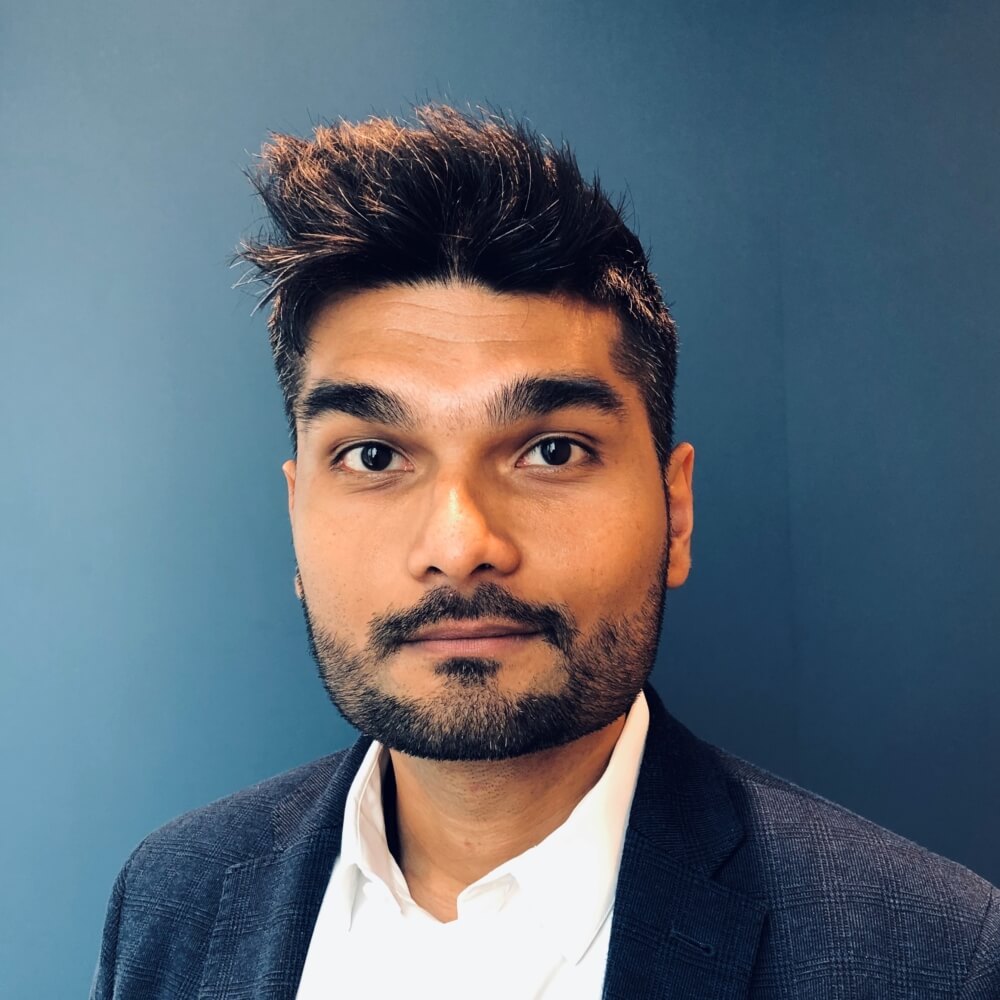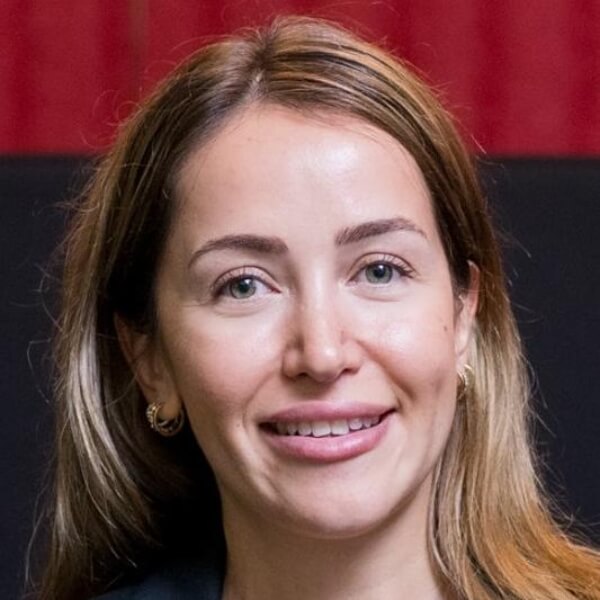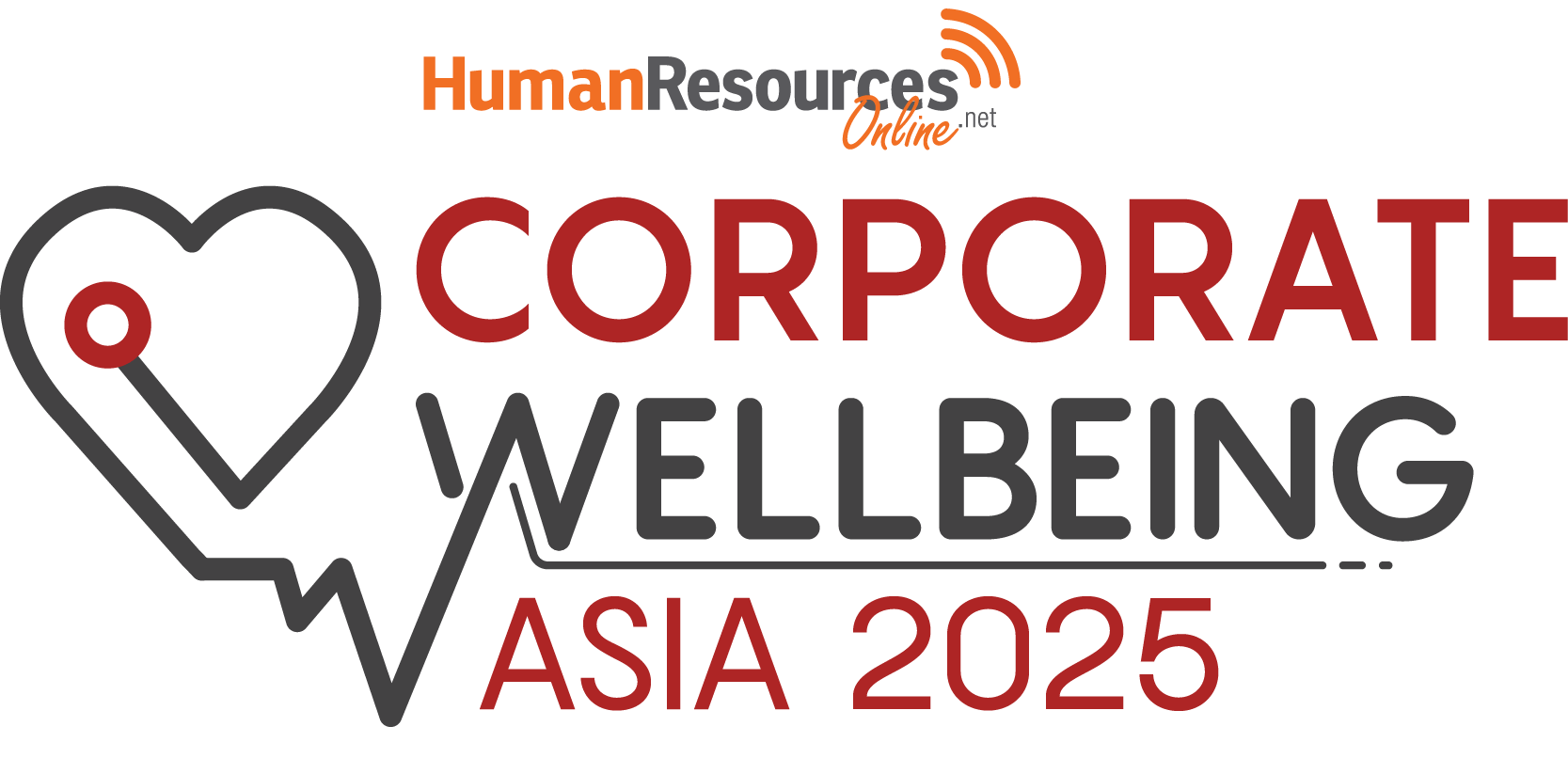Agenda
WEDNESDAY, 8 OCTOBER 2025
8.00am
Registration
9.00am
Opening address

Aditi Sharma Kalra
Editor-in-chief
Human Resources Online
9.20am
[Opening keynote]
Installing a ‘safe space’ sign is not enough: Why psychological safety needs to be hardwired into workplace culture
When the business environment is volatile – driven by geopolitical instability, trade disruptions, and economic shifts – businesses must pivot quickly. In such settings, psychological safety is what allows employees to surface issues, test ideas, and learn fast, especially with RTO (return to office) policies in place.
In this opening keynote session, let’s find out how psychological safety is the number one predictor of high-performing teams, and how it can transform vulnerability into a powerful tool for strengthening culture.
Our speaker will discuss:
- Ways to confront entrenched workplace issues, such as interactions, processes, and leadership behaviours, that often go unspoken but deeply influence team dynamics.
- Creating environments where vulnerability is protected, not punished: How leaders & managers can integrate psychological safety into their behaviours.
- Incorporating a human-centric systems approach: The importance of listening and acknowledging diverse emotional needs to build trust and reduce stigma.
10.00am
[Case study]
A growing mental health crisis: Addressing the threat to workforce productivity and physical health
Apart from the lingering issues of anxiety and isolation, financial insecurity is also impacting the mental and physical health of employees. This opens up a powerful opportunity for employers to begin prioritising holistic wellbeing programmes and create a supportive workplace culture.
This holistic approach can be targeted to alleviate stress, improve financial decision-making, and ultimately drive stronger organisational resilience.
In this conversation, we tackle:
- The overlooked costs of mental health struggles – such as anxiety, burnout, and financial insecurity – on workforce productivity.
- Biggest barriers to implementing workplace health initiatives, and how organisations can address scepticism from both leadership and employees.
- Key components of a truly effective holistic wellbeing programme that fosters a culture of psychological safety and financial security
Speaker:

Haider Amir
Director, Asia
TELUS Health
10.40am
Morning break
11.10am
[Panel discussion]
From lip service to leadership: Demonstrating the business value of wellbeing initiatives
When HR leaders can clearly communicate why wellbeing matters to the business and to people, it signals authenticity and helps embed wellbeing into the company culture, and not just as an HR policy.
However, unlike revenue or productivity, wellbeing ROI is often indirect and long-term, making it hard for leaders to present a clear business case. As such, it is often still considered a ‘soft’ initiative – when the reality is that wellbeing has a financial cost if neglected, and a measurable return if implemented properly.
Let’s come together to discuss how to move wellbeing away from reactive or cosmetic efforts toward a core business and people priority.
- Making the business case: Identifying the metrics that can demonstrate the tangible benefits of wellbeing initiatives.
- Leadership buy-in: Strategies to shift senior management’s perception of wellbeing from a ‘soft’ initiative to a strategic necessity.
- Addressing structural issues: Are we designing jobs and workflows that promote wellbeing, or are we simply offering perks to offset unhealthy workloads?
Panellists:

Carrie Tan
Director, People & Culture
Carlsberg Singapore

Theodoric Chew
CEO and Co-founder
Intellect
11.50am
[Interactive discussion #1 of 3]
You’ll be engaged in three roundtable discussions throughout the day, each topic led by a zone host. Topics include balancing AI with empathy in employee wellness, upskilling managers to lead with care and clarity, why flex benefit schemes never go out of style. Click here to find out more about each topic, and to meet the zone host.
12.30pm
Networking lunch
1.30pm
Change is constant and it’s making people tired: The value of resilience as a business-critical capability
Organisational change is no longer episodic – it’s continuous. For both leaders and employees, this constant churn and redoing of business models is mentally and emotionally taxing. According to 2023 research, over 70% of transformations fail, and one of the top reasons is employee resistance and change fatigue.
The emerging solution is leaning towards cultivating a resilient workforce – one that copes better with ambiguity and pressure; stays engaged longer during transitions; and, helps reinforce cultural stability when everything else is shifting.
In this panel discussion, we will unearth how to prioritise resilience-building in the workforce to achieve transformation goals.
Topics of discussion include:
- Emotional resilience during change: Strategies to support employees through emotional shifts, role transitions, and feelings of uncertainty during organisational change.
- Integrating wellbeing into change management: Creating systems that stabilise teams with transparent communication, inclusive decision-making, and scalable support mechanisms.
- Fostering emotional literacy: Cultivating self-awareness and adaptability to ensure employees thrive.
Panellists:

Keh Seng Ann Anthony
Vice President, Group Human Resources, Group Head of Talent Acquisition & Employee Experience
Certis Group

Ozge Yurtsever
HR Head Southeast Asia
Ferring Pharmaceuticals
2.10pm
[Interactive discussion #2 of 3]
You’ll be engaged in three roundtable discussions throughout the day, each topic led by a zone host. Topics include balancing AI with empathy in employee wellness, upskilling managers to lead with care and clarity, why flex benefit schemes never go out of style. Click here to find out more about each topic, and to meet the zone host.
2.50pm
Afternoon break
3.20pm
[Interactive discussion #3 of 3]
You’ll be engaged in three roundtable discussions throughout the day, each topic led by a zone host. Topics include balancing AI with empathy in employee wellness, upskilling managers to lead with care and clarity, why flex benefit schemes never go out of style. Click here to find out more about each topic, and to meet the zone host.
4.00pm
[Fireside chat]
Caring for caregivers: Supporting the ‘sandwiched’ generation in the workplace
The term ‘sandwiched’ generation is widely used to describe the layer of people often between the ages of 30s and 50s, who are caring for both their children and ageing parents at the same time. Apart from the actual caregiver, they include paid and unpaid caregivers, formal and informal arrangements, and a combination of siblings, neighbours and trusted people deployed regularly or in an ad hoc manner.
Given how complex care arrangements can be, there is an opportunity for wellbeing leaders to better care of the financial, physical, and psycho-social aspects of this demographic.
In this case study, we take out some time to discuss:
- How organisations can surface invisible pressures and build empathy across leadership and teams.
- Ways to identify solutions that are accessible, culturally relevant, and tailored for multi-generational caregivers’ needs, including tomorrow’s Gen Z and Gen Alpha workers.
- Training of people leaders to spot signs of strain, manage performance without penalising flexibility, and create safe spaces for sandwiched employees to speak up.
4.40pm
Closing remarks

Aditi Sharma Kalra
Editor-in-chief
Human Resources Online
5.00pm
End of Corporate Wellbeing Asia 2025
Interactive Topic #1
Wellbeing with a pulse: Balancing AI and empathy in employee wellness
The integration of AI in corporate wellbeing enhances the possibility of personalisation by offering scalable, dynamic, and tailored solutions. But is it still possible to maintain the human touch to build trust in these tools, and an emotional connection with the organisation? As it is this balance that will ensure employees feel supported in meaningful ways that reflect their individual needs and preferences.
In this interactive discussion, talkpoints include:
- Blended wellbeing approaches: How to balance AI-driven tools and human-led interactions to provide comprehensive support for employees.
- Building trust in AI: Strategies for integrating AI in wellbeing programmes without compromising emotional intelligence and cultural sensitivity.
- Optionality: Designing programmes that empower employees to choose between AI-curated paths or personalised human assistance.
Interactive Topic #2
Wellbeing begins with one-on-ones: Upskilling managers to lead with care and clarity
People managers are on the frontlines of employee wellbeing, but many feel underprepared to handle it. Empowering managers to detect stress early, breaking mental health stigma through open dialogue, and fostering employee accountability for personal wellbeing are critical steps toward this mission of better equipping the ecosystem for such conversations. After all, corporate wellbeing thrives when people managers, employees, and organisations share responsibility in creating a supportive environment.
In this interactive discussion, talkpoints include:
- From deliverables to human connection: Redefining the manager’s role from task-owners to emotional anchors who can build relational trust within teams.
- Spotting the silent signals: Early detection of distress (e.g., tone, withdrawal, disengagement) that managers could be trained to act upon.
- Fostering shared responsibility: The importance of empowering employees to take ownership of their wellbeing.
Interactive Topic #3
Fashionably flexible: Why flex benefit schemes never go out of style
In this interactive discussion, talkpoints include:
- One size doesn’t fit all: Strategies to design and implement customisable benefit schemes that address diverse life-stage needs.
- Blending insurance with lifestyle: Landing on the right mix of traditional (e.g. health, dependents’ coverage) and modern (e.g. wellness, caregiving, education) benefits to build a holistic offering.
- Common pitfalls in rolling out flexible benefits, and how to ensure employees understand, value, and make full use of what’s offered.
